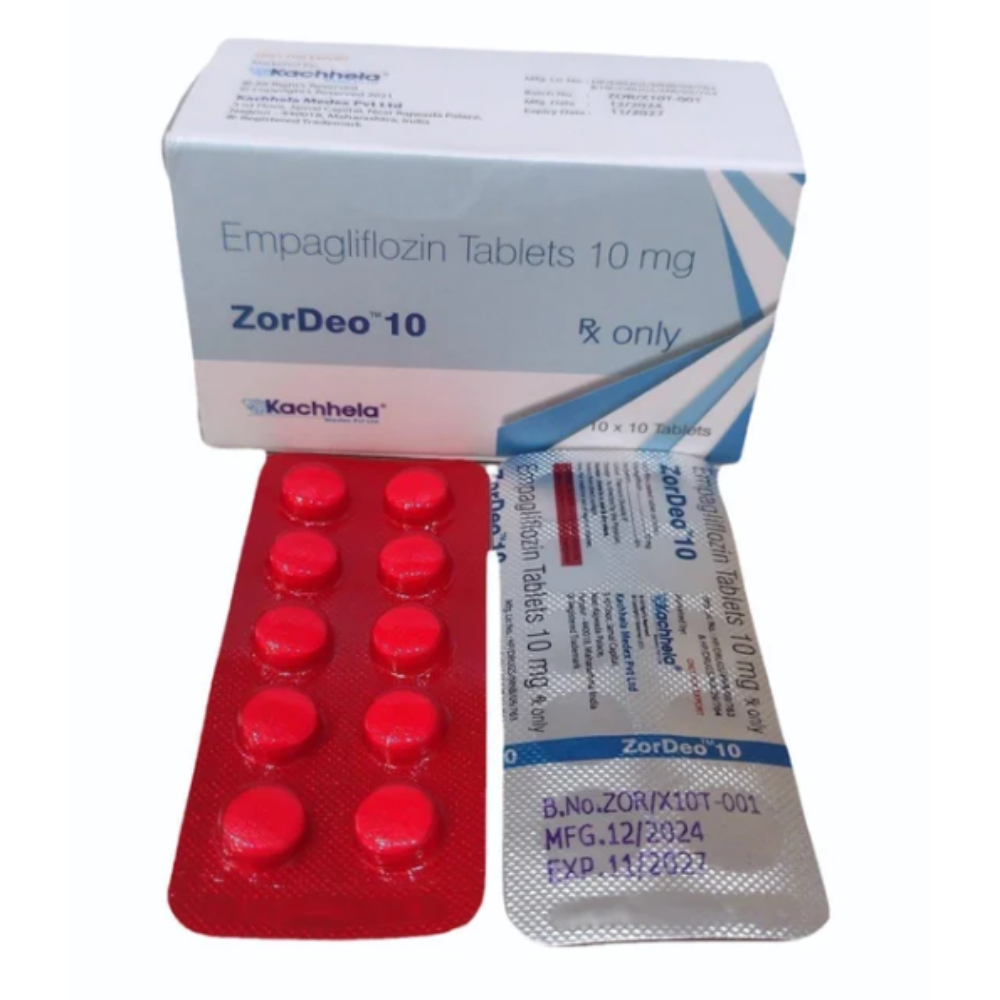fenbendazole 444: Key Benefits for Veterinary Use
Wiki Article
Discovering the Mechanisms Behind Fenbendazole and Its Effect On Animal Health And Wellness
Fenbendazole is a widely used anthelmintic known for its efficiency versus numerous bloodsuckers. Its main system entails the restraint of microtubule development, which disrupts crucial procedures in these virus. Past its antiparasitic residential or commercial properties, fenbendazole additionally shows up to improve immune responses and possesses anti-inflammatory advantages. Recognizing these complex effects could reveal new applications for pet health. Inquiries stay concerning its complete capacity and safety profile.The Pharmacokinetics of Fenbendazole
The pharmacokinetics of fenbendazole, a commonly made use of anthelmintic in vet medication, includes the study of its absorption, distribution, metabolic rate, and discharging within animal systems. After administration, fenbendazole is quickly soaked up from the intestinal system, with peak plasma focus happening within hours. Its distribution is affected by factors such as cells binding and lipid solubility, allowing it to pass through numerous cells properly. The drug undertakes substantial metabolic rate mainly in the liver, where it is exchanged energetic and inactive metabolites. These metabolites play a role in the drug's overall efficacy and safety account. Excretion happens primarily via feces, with a smaller sized percentage gotten rid of through urine. The half-life of fenbendazole differs amongst varieties, which influences dosing routines. Recognizing these pharmacokinetic properties is essential for optimizing its healing usage and making sure effective parasite control in vet methods.Systems of Action Versus Bloodsuckers
Fenbendazole exerts its antiparasitic effects primarily via the restraint of microtubule development in parasites. This disruption impacts their structural honesty and mobile functions, resulting in impaired energy metabolism. Therefore, the medicine efficiently compromises the survival and reproduction of different parasitic organisms.Restraint of Microtubule Development
Restraint of microtubule development represents an essential mechanism where particular anthelmintic agents, including fenbendazole, exert their results on parasites. Fenbendazole binds to tubulin, a healthy protein that forms microtubules, disrupting the polymerization procedure necessary for microtubule assembly. This disruption impairs crucial cellular features, including mitosis, intracellular transportation, and structural honesty. As microtubules play an essential duty in preserving the form and feature of parasitical cells, their inhibition brings about cell cycle apprehension and ultimate fatality of the bloodsucker. This mechanism is particularly effective against nematodes, as their reliance on microtubules for wheelchair and nutrient absorption makes them vulnerable to fenbendazole. As a result, the inhibition of microtubule development is a vital element of fenbendazole's therapeutic efficiency in vet medication.Interruption of Basal Metabolism
Disrupting power metabolic rate is one more crucial mechanism by which fenbendazole targets parasitic microorganisms. This anthelmintic alters the power production paths within parasites, mostly affecting their capability to create adenosine triphosphate (ATP) By preventing glucose uptake and interrupting mitochondrial feature, fenbendazole limitations the power resources crucial for the survival and reproduction of these microorganisms. Therefore, parasites come to be progressively at risk to environmental stress and anxieties and immune reactions. Furthermore, the interference in basal metabolism not just influences the parasites directly however also reduces their capability to assimilate nutrients, additionally impairing their development. On the whole, the disturbance of power metabolic rate stands for a fundamental facet of fenbendazole's effectiveness against various parasitical infections, contributing considerably to improved animal wellness resultsProspective Side Impacts and Safety Account
The potential adverse effects and security account of fenbendazole warrant cautious factor to consider, especially in vet applications. While typically considered as safe, some pets may experience damaging responses, consisting of intestinal disturbances such as vomiting and looseness of the bowels. Additionally, neurological signs, although unusual, have actually been reported in sensitive individuals, highlighting the demand for tracking during therapy.
Fenbendazole's security in different varieties, consisting of dogs and cats, has actually been documented, however dose and duration of therapy have to be thoroughly handled to lessen risks. Expecting or lactating animals may also need unique interest, as the effects on developing fetuses or nursing offspring are not totally understood.
Normal veterinary assessments can aid minimize possible adverse effects and ensure the drug is carried out properly. While fenbendazole is a reliable anthelmintic representative, alertness regarding its side results is essential for maintaining animal health and wellness.
Fenbendazole's Impact on Immune Function
Fenbendazole has been noted for its potential to regulate immune system responses in animals. Its anti-inflammatory properties might add to boosted immune feature, giving a twin benefit in handling health and wellness (fenbendazole 222). Understanding these impacts is necessary for evaluating fenbendazole's role in vet medicationImmune System Modulation

Anti-inflammatory Qualities
Anti-inflammatory impacts represent a substantial facet of fenbendazole's impact on immune feature. Study shows that fenbendazole might decrease the production of pro-inflammatory cytokines, which are critical in mediating inflammatory actions. By modulating these cytokines, fenbendazole can possibly minimize inflammation-related problems in pets. This anti-inflammatory activity not only help in taking care of symptoms associated with numerous conditions however likewise boosts overall body immune system effectiveness. Furthermore, its ability to advertise a balanced immune action aids stop excessive inflammatory damages, which can lead to chronic wellness concerns. Fenbendazole's role in swelling administration underscores its value in veterinary medication, providing a twin benefit of antiparasitic action and immune system support for animal wellness.Applications Beyond Traditional Parasitical Infections
While mostly acknowledged for its effectiveness versus different parasitic infections, fenbendazole has actually gathered attention for prospective applications yet conventional extent. Current researches suggest that fenbendazole may have valuable effects on mobile health and wellness and immune action, making it an appealing candidate for handling other health and wellness conditions in pets. As an example, its reported anti-inflammatory residential properties may offer alleviation for pets dealing with chronic inflammatory illness. Furthermore, some research study shows that fenbendazole can contribute in sustaining the general health of animals by enhancing vitamins and mineral absorption and stomach health and wellness. Its prospective as a complement treatment in cancer therapy has sparked interest, as preliminary searchings for suggest it might hinder tumor cell growth in particular contexts. These diverse applications highlight fenbendazole's adaptability, motivating further expedition into its diverse benefits for animal health and wellness beyond Recommended Site its conventional usage as a deworming agent.Future Research Study Directions and Implications for Pet Health And Wellness
The expedition of fenbendazole's prospective applications has opened up brand-new avenues for research study focused on enhancing animal health and wellness. Future research studies might concentrate on its efficiency versus a broader array of pathogens, consisting of bacteria and viruses, consequently expanding its function in vet medication. The effects of fenbendazole's mechanisms, such as its effect on immune modulation, warrant better examination to recognize how it can bolster total health and wellness in various varieties.Furthermore, study might discover ideal does and solutions to optimize efficiency while reducing potential negative effects. Examining fenbendazole's synergistic impacts with various other medicines can lead to a lot more reliable therapy methods. Longitudinal studies evaluating lasting end results in pets treated with fenbendazole can give valuable insights right into its security and efficiency. On the whole, the continued exploration of fenbendazole uses appealing possibility to boost pet wellness, requiring a collective method among researchers, veterinarians, and pharmaceutical programmers to facilitate advancements in this field.
Often Asked Concerns
Can Fenbendazole Be Utilized in Animals for Parasite Avoidance?
The inquiry of whether fenbendazole can be utilized in animals for parasite avoidance matters, as producers seek effective treatments (fenbendazole 444). Study suggests it might provide advantages, yet proper standards and vet guidance are important for secure usageWhat Is the Recommended Dosage of Fenbendazole for Various Animals?

Are There Any Kind Of Known Drug Interactions With Fenbendazole?
Current expertise suggests that fenbendazole may communicate with certain medicines, potentially influencing their effectiveness or metabolic process. Veterinary professionals advise consulting with a veterinarian to analyze private pet situations and establish any visit this site right here possible communications prior to management.How Does Fenbendazole Compare to Other Antiparasitic Medications?
Fenbendazole is commonly contrasted to various other antiparasitic drugs based upon more information effectiveness, range of activity, and safety profiles. It is favored for its effectiveness against a vast array of bloodsuckers while usually showing very little adverse effects in pets.Is Fenbendazole Effective Versus Viral or Bacterial Infections in Animals?
The efficiency of fenbendazole against viral or bacterial infections in animals continues to be unproven. Study mainly concentrates on its antiparasitic properties, with restricted proof sustaining any duty in dealing with non-parasitic infections in vet medication.Report this wiki page